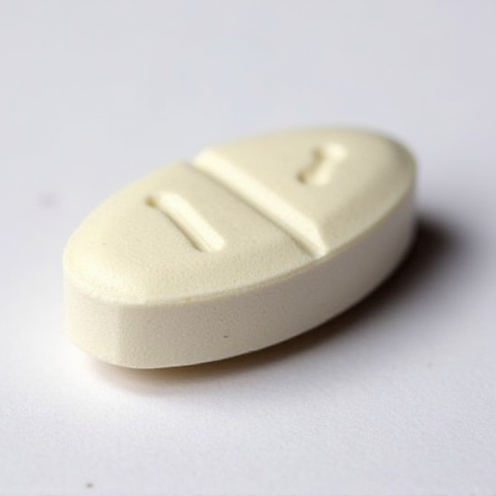Geton Tablet
Product Info
| Prescription required | Yes |
| Marketer | Ajanta Pharma Ltd |
| Active Ingredient | Colchicine (0.5mg) |
| Storage | Store below 30°C |
| Chemical Class | Alkaloid |
| Habit Forming | No |
| Therapeutic Class | PAIN ANALGESICS |
| Action Class | Anti-Inflammatory- gout |
| User Rating | 4.6 |
| User Reviews | 680 |
FAQ














Geton Tablet Reviews
Geton can be taken with or without food. You should take it regularly and at the same time each day to get the maximum benefit from it. Keep taking it as recommended by your doctor and complete the dose even if you feel better. If you stop, your symptoms may get worse.
Some common side effects of this medicine are nausea, vomiting, abdominal pain, and diarrhea. Talk to your doctor if any of these side effects do not go away with time. Your doctor may help with ways to reduce or prevent these symptoms.
To make sure the medicine is safe for you, before taking this medicine, let your doctor know if you have any problems with your heart, kidneys, or liver. Pregnant and breastfeeding mothers should consult with their doctors before taking the medicine.
How Geton Tablet Works
How to Use Geton Tablet
Benefits of Geton Tablet
- In Treatment of Gout: Gout is a form of arthritis caused by excess uric acid in the bloodstream. Gout causes attacks of painful inflammation in one or more of your affected joints. Geton contains colchicine that reduces the inflammation, swelling and pain of the gout attack. This medicine is very effective in people who cannot take other anti-inflammatory painkillers and also for those who are taking other medicines for treatment and prevention of gout. Take Geton as prescribed and avoid skipping doses. Make appropriate lifestyle changes like losing weight (if you are overweight), eating a healthy diet and avoiding alcohol or sugar-sweetened drinks to get maximum benefit.
Uses of Geton Tablet
- Treatment of Gout
Geton Tablet Side Effects

Safety Tips
Quick Tips
- It interacts with many different medicines. Inform your doctor about all the medications that you are taking.
- Inform your doctor if you have serious nausea, vomiting, diarrhea, or if you have tingling in your fingers or toe.
- It can lower your body's ability to make new blood cells. Inform your doctor know if you have frequent bleeding, bruising, fevers, or if you are always tired.
- Do not take Geton if you have severe liver disease, kidney disease, or if you are pregnant or breastfeeding.
- Geton is used for the treatment and prevention of gout.
References
- Grosser T, Smyth E, FitzGerald GA. Anti-Inflammatory, Antipyretic, and Analgesic Agents; Pharmacotherapy of Gout. In: Brunton LL, Chabner BA, Knollmann BC, editors. Goodman & Gilman’s: The Pharmacological Basis of Therapeutics. 12th ed. New York, New York: McGraw-Hill Medical; 2011. pp. 995-96.
- Colchicine. Wrexham, Wales: Wockhardt UK Ltd.; 1982 [revised 07 Jun. 2017].
- Briggs GG, Freeman RK, editors. A Reference Guide to Fetal and Neonatal Risk: Drugs in Pregnancy and Lactation. 10th ed. Philadelphia, PA: Wolters Kluwer Health; 2015. pp. 231-23.
- Chaves RG, Lamounier JA. Breastfeeding and maternal medications. J Pediatr (Rio J). 2004;80(5 Suppl):S189-S198.
- Colchicine [Prescribing Information]. Parsippany, NJ: AGEPHA Pharma USA, LLC; 2023.
- Mayo Clinic. Colchicine.
- Furst DE, Ulrich RW, Varkey-Altamirano C. Nonsteroidal Anti-Inflammatory Drugs, Disease Modifying Antirheumatic Drugs, Nonopioids Analgesics, & Drugs Used in Gout. In: Katzung BG, Masters SB, Trevor AJ, editors. Basic and Clinical Pharmacology. 11th ed. New Delhi, India: Tata McGraw Hill Education Private Limited; 2009. pp. 636-37.
